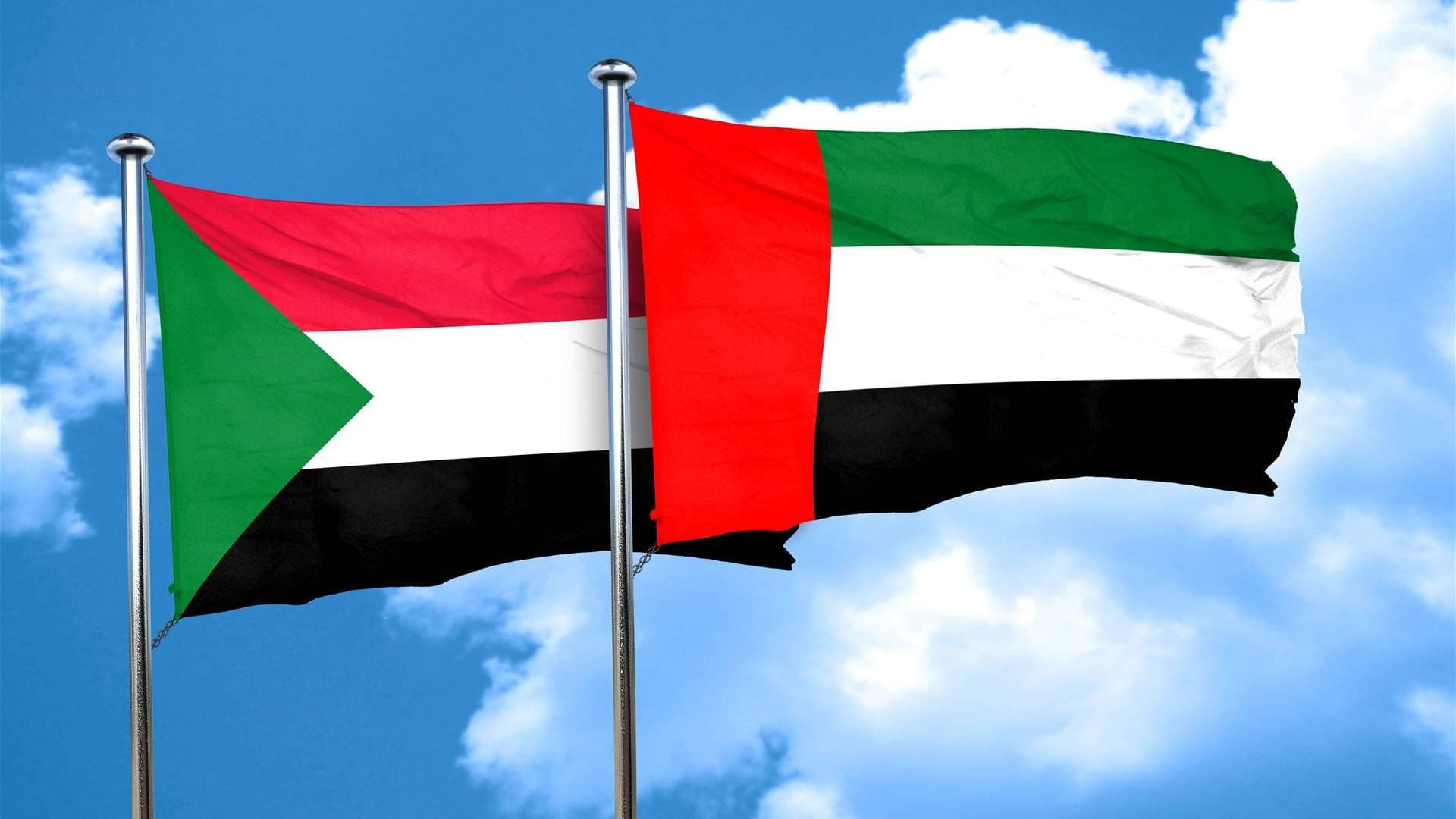UAE Accuses Sudanese Army Authority of Sabotaging Peace Efforts Amid Ongoing Conflict
The United Arab Emirates (UAE) Foreign Ministry has issued a strong statement accusing the Sudanese Army Authority, led by General Abdelfattah al-Burhan, of actively undermining efforts aimed at concluding the ongoing conflict and restoring stability in Sudan. This assertion comes at a time when international stakeholders are increasingly concerned about the humanitarian crisis and political volatility in the region, raising questions about the future of peace negotiations.
Background & Context
The conflict in Sudan escalated dramatically in April 2023, following clashes between the Sudanese Armed Forces (SAF) and the paramilitary Rapid Support Forces (RSF). This violence has led to widespread displacement and a humanitarian disaster, with millions in need of assistance. The UAE has been involved in diplomatic efforts to mediate between the warring factions, promoting dialogue as a means to achieve lasting peace. However, the recent allegations against al-Burhan"s government suggest a deepening rift in the peace process.
The UAE"s accusations are significant, as they position the Gulf nation as a key player in Sudan"s political landscape. Historically, the UAE has maintained close ties with Sudan"s military leaders, but this shift indicates a potential reevaluation of its alliances in light of the ongoing conflict. The UAE"s commitment to stabilizing Sudan is underscored by its broader regional strategy, which aims to foster security and economic development in the Horn of Africa.
Key Developments
In its statement, the UAE Foreign Ministry outlined specific actions by the Sudanese Army Authority that it believes are detrimental to peace efforts. It criticized the government"s failure to engage constructively with international mediators and its continued military operations in civilian areas, which exacerbate the humanitarian crisis. The UAE"s denunciation reflects a growing frustration among international actors who have invested in peace initiatives.
Moreover, the UAE"s comments come amid reports of escalating violence in Sudan, with both the SAF and RSF allegedly committing human rights abuses. The situation has drawn widespread condemnation from global organizations, including the United Nations, which has called for an immediate cessation of hostilities and a return to negotiations. The UAE"s stance could influence other nations" approaches to Sudan, potentially leading to a reevaluation of support for al-Burhan"s government.
Broader Impact
The implications of the UAE"s accusations extend beyond Sudan"s borders. As previously reported, the international community is grappling with similar situations in conflict zones worldwide. For instance, the ongoing war in Ukraine has seen substantial international involvement, with U.S. Vice President JD Vance recently announcing plans for peace talks between Russian President Vladimir Putin and Ukrainian President Volodymyr Zelensky. This parallel highlights the complexities of international diplomacy in conflict resolution.
Experts suggest that the UAE"s shift in tone could embolden other nations to reassess their relationships with Sudan"s military leadership. As the humanitarian crisis deepens, pressure may mount on the SAF and RSF to comply with international norms and engage in genuine dialogue. The broader regional stability could also be affected, as neighboring countries and international organizations monitor the situation closely.
What"s Next
Looking ahead, the UAE"s accusations may catalyze a renewed push for peace negotiations in Sudan. International actors, including the African Union and the United Nations, are likely to increase their diplomatic efforts to bring both the SAF and RSF to the negotiating table. The effectiveness of these efforts will depend on the willingness of Sudan"s military leadership to compromise and prioritize the welfare of its citizens over military objectives.
Additionally, the humanitarian situation in Sudan remains dire, with millions facing food insecurity and a lack of medical care. As the international community responds, there may be calls for increased humanitarian assistance and support for displaced populations. The coming weeks will be critical in determining whether the UAE"s accusations lead to a breakthrough in peace talks or further entrenchment of the conflict.


![[Video] Heavy clashes and gunfire reported in Baghdad, Iraq](/_next/image?url=%2Fapi%2Fimage%2Fthumbnails%2Fthumbnail-1768342239932-848qsh-thumbnail.jpg&w=3840&q=75)




![[Video] Gunfire between Iraqi security forces and Sadr militias in Baghdad](/_next/image?url=%2Fapi%2Fimage%2Fthumbnails%2Fthumbnail-1768343508874-4redb-thumbnail.jpg&w=3840&q=75)
